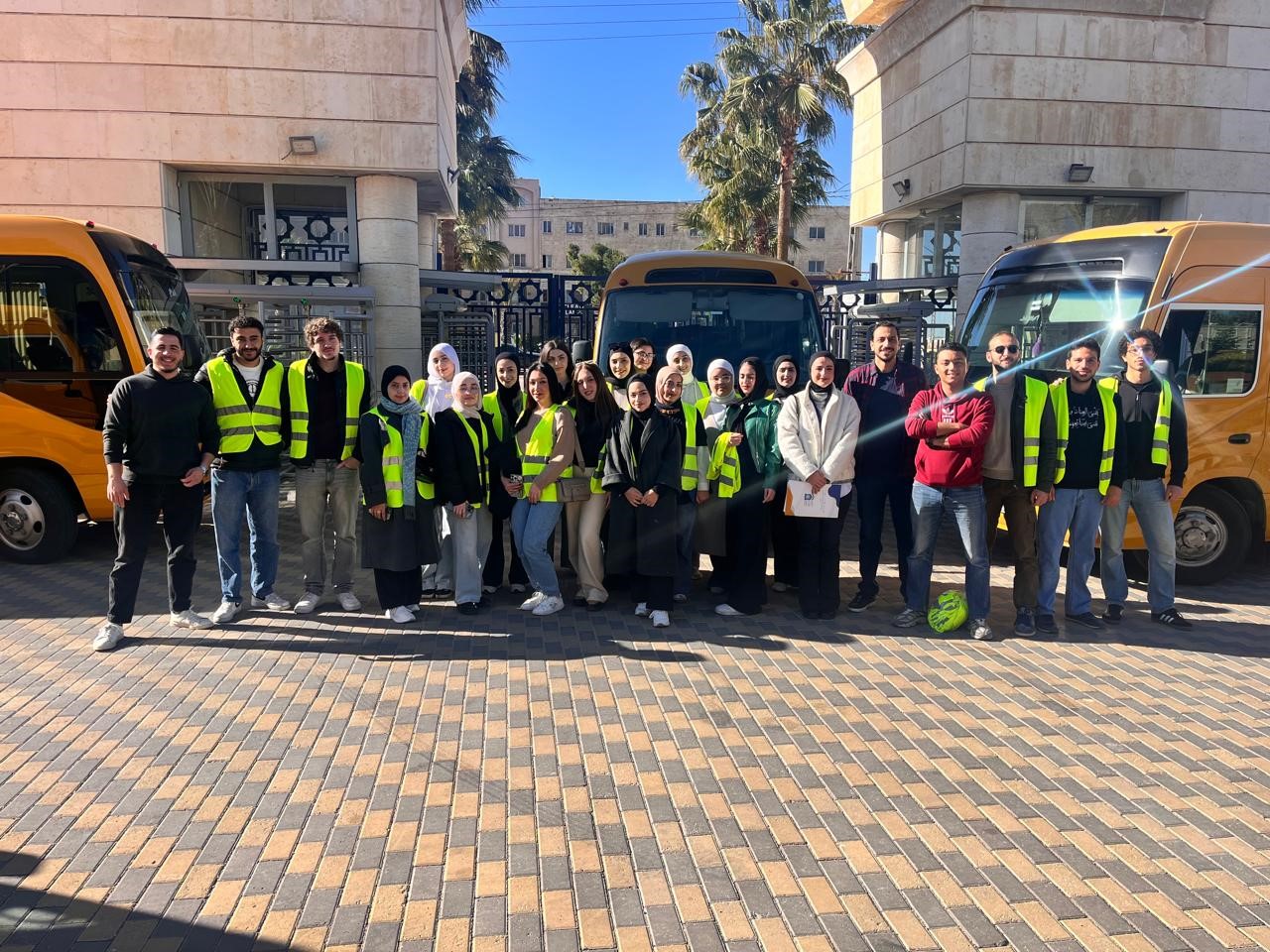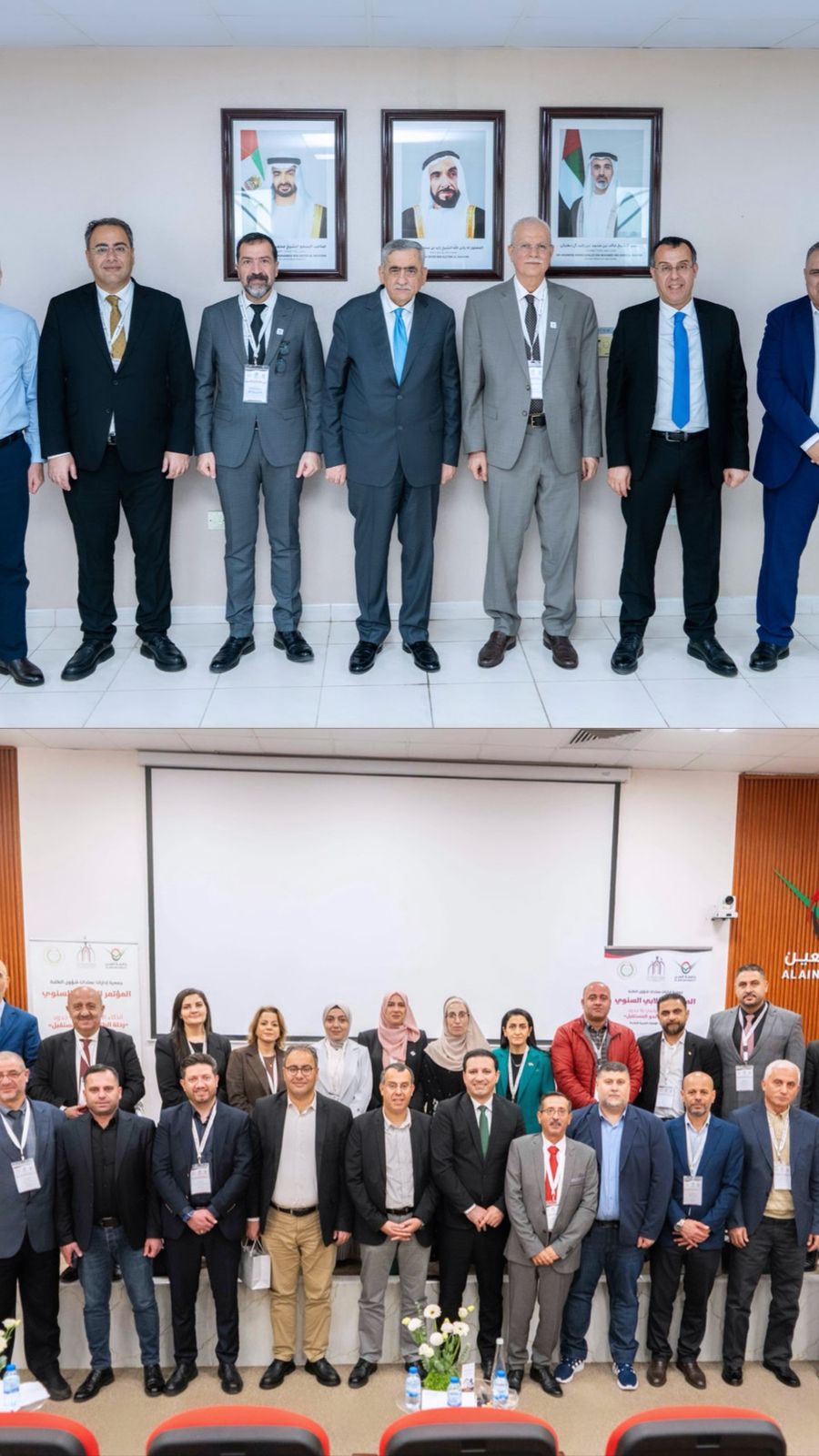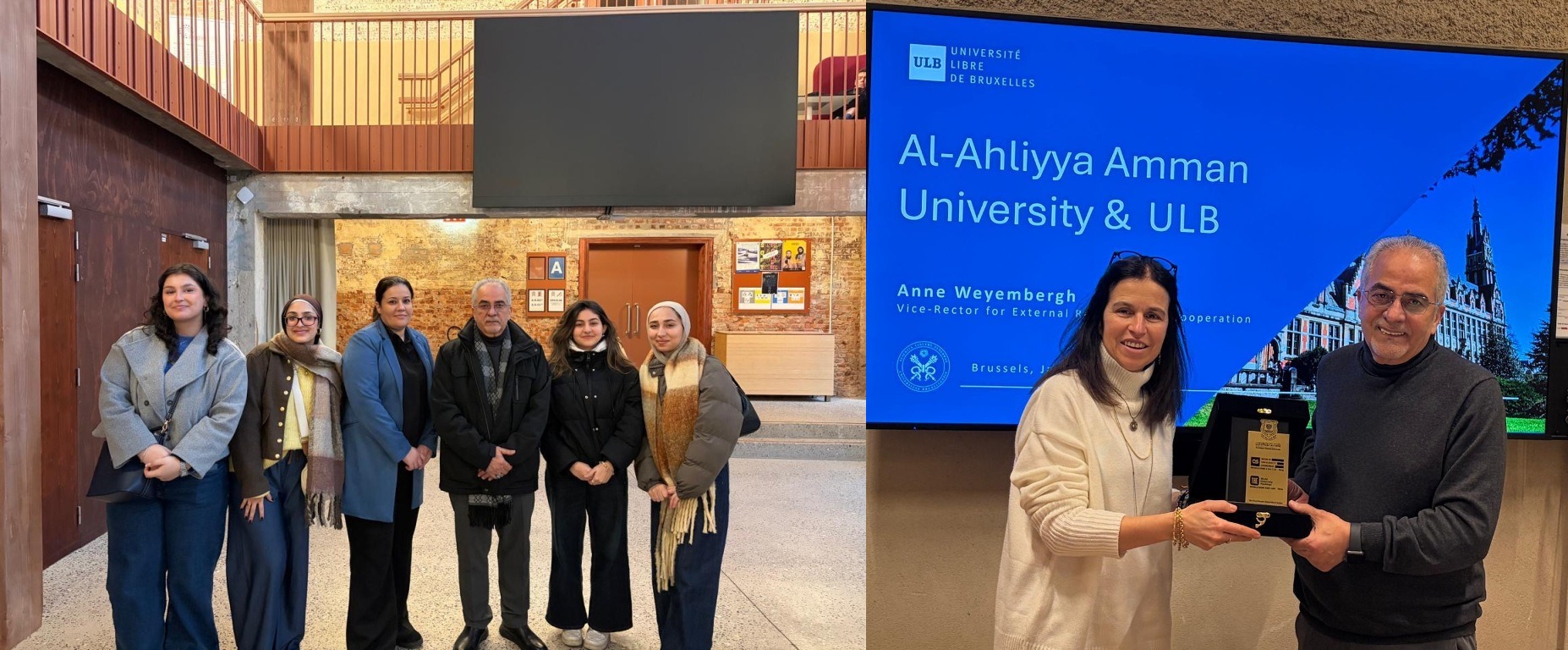Al-Ahliyya Amman University
21 March 2011
Inaugurating “Arab Woman: Reality challenges and Future Vision” in Al-Ahliyya Amman University
On behalf of Mr. Faisal Al-Fayez, Chairman of the House of Representatives, Member of Parliament, Abdul Karim Abu Hija, inaugurated the Fourth Annual Conference of the Faculty of Arts in Al-Ahliyya Amman University which is held this year in collaboration with the University Social Service Center under the title “Arab Woman: Reality challenges and Future Vision” . The conference will last for three days. Deputy President of the University, Dr. Sadeq Hamed, delivered a speech on behalf of the President of the University, Dr. Maher Saleem, at the opening of the conference, in which he commended the efforts made by Arab women in order to establish themselves and confirm woman role in society. The most importance achievement for woman is education, which expanded her knowledge and her recognition of her own value and role in community development, he added. The Chairman of the Preparatory Committee of the Conference, Dean of the Faculty of Arts, Dr. Azmi Mansur, in his speech at the inauguration of the conference, said that this conference reflects the belief in the role and status of women and their ability to be the ideal partner in development after their empowerment and removing any injustice inflicted upon them by the inflated patriarchy. Director of Social Work Centre, Dr. Esmat Huso, reviewed the efforts made by the Centre in respect of women issues and gender and the achievements of the Center. For his part, Dr. Khaled Abu Lail, of Cairo University, delivered a speech on behalf of the delegates participating in the conference. He said that it is perhaps a strange coincidence for the theme of this conference to be in line with the new spirit, which controls the Arab nations these days, which is the spirit of revolution against extinct practices, which do not benefit the community, whether politically or socially. Arab women are subject to social injustice; and hence the importance of this conference, which sheds light on the reality of Arab women and the challenges and obstacles that hinder advancement, which in turn hinder the advancement of society as a whole, he noted. Thirteen working papers were presented on the first day of the conference, including four papers that were presented in the first session moderated by Dr. Ibrahim Osman within the theme: (Women and Violence) in which Dr. Mohammed Habashneh addressed gender gap in psychiatry. Dr. Afaf Batayneh addressed the issue of “Arab Woman or Arab Women: New Vision of Duplicate Problems”. Dr. Anisa Khaz ali from Iran presented a critique and review of the Convention on the Elimination of All Forms of Discrimination against Women. The Iranian ambassador in Jordan, Mr. Mustafa Musleh Zadeh, presented a paper on Applied Studies of Womens Rights in Light of Religious and Secular Government. In the second session, moderated by Dr. Mohammed Habashneh, entitled (Women throughout History), Dr. Yasmin Abdul Karim from Iraq addressed the issue of women who reigned the Assyrian throne. Dr. Khalaf Tarawneh addressed the image of women on Greek, Romanian, and Nabataean coins. Dr. Sultana Ruwaily from Saudi Arabia presented a working paper on womens economic activities in the Arabian Peninsula in the era of the Prophet - peace be upon him- based on the historical sources. Prof. Dr. Shafiq Raqab presented a paper in which he addressed the image of Frank women in Arab literature at the time of the Crusades wars. Dr. Mohammed Baldawi addressed the issue of women in the Arab-Islamic civilization (Ayyubid). The third session, moderated by Dr. Mustafa Yassin, was entitled “Womens Rights between Divine and Man-Made Laws”. Dr. Ahmed Zoubi addressed the issue of the women inheritance in the Islamic law. Dr. Qusay Mansour and Dr. Muzaffar Al-Rawi from Iraq addressed, in a joint research, womens rights in Mesopotamian laws and contemporary legislation (Jordan model). Dr. Yassin Gadi of the United Arab Emirates presented a paper on womens rights in personal status concerning “Emerging Forms of Marriage: Sharia and Legal Perspectives Overview”. At the end of the session, Dr. Asma Omari addressed the issue of women and character building in Quran stories .





